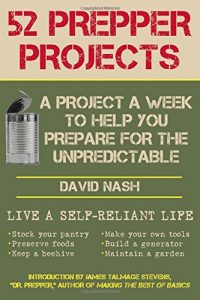

Vitamin B1 (Thiamine) is a water soluble vitamin that, when taken internally, creates an odor in sweat that mosquitoes dislike. The smell is not noticeable to humans. The theory is, taking more vitamin B1 than your body requires causes the excess to be excreted through your urine, skin, and sweat. Vitamin B1 produces a skin odor that female mosquitoes seem to find offensive.
A 1960s era study indicated that taking vitamin B1 (thiamine) may be effective in discouraging mosquitoes from biting. However, a June 2005 review article published in the “Journal of the American Mosquito Control Association” reported that of the scientific studies performed testing B vitamins as repellents, none found them to have significant repellent ability against mosquitoes.
In addition, the American Mosquito Control Association says that vitamin based repellents, in general, do not work.
Also, Vitamin B1 tested as a skin patch and did not repel mosquitoes, according an February 2013 study report published in “Acta Tropica.”
It May Not Work for You, But it Can’t Hurt to Try
This vitamin is water-soluble. Even in high doses, there is no danger of toxicity. Therefore, it is a safe measure to try.
Dr. Janet Starr Hull recommends taking one vitamin B1 tablet a day from April through October, and then adding 100 mg of B1 to a B100 Complex daily during the mosquito season to make you less attractive to mosquitoes. I take a B Vitamin supplement to help with my Diabetes anyway, so it was not a stretch to see if it worked.
Ancedotaly, I have also heard from some readers that it doesn’t repel mosquitos, but it does make the itch less. I don’t know. It may be a placebo effect. I just know I hate mosquito bites.
Other Things to Try
You may also want to forgo bananas during mosquito season, as something about how they are metabolized appears attract mosquitoes. Research also suggests that regularly consuming garlic or garlic capsules may help protect against both mosquito and tick bites.

